The alarm clock’s blast brings hours of work, running from task to task, always pushing toward the next turn. In moments of failure, the waves of complexity and anxiety batter and you question each stroke. Then you fly downhill, easy breeze in your face, as success urges you on. After the finish, the parking lot empties, the lights go out, and in the quiet you are drained, achy, and left with satisfaction and the thought that perhaps you could have done better. Tomorrow you will run the triathlon again.
How can any person be a cancer doctor, day-after-day, year after year? A rational human being should tire and fade, exhausted by memories, loss, and the tragedy of fighting a disease, which causes such devastation. Nonetheless, oncologists have one of the lowest burnout rates and highest “I would do it again” sentiments in all of medicine.
The people who participate in sole complex endurance sports are often slightly nutty. I think oncologists too, are slightly nutty people who see in an extreme, partially impossible endeavor, an opportunity which appeals to a desire to be challenged, grow and most of all, give. I suspect that their job satisfaction secret is personal preparation, self-competition and thoughtful repair, which they are blessed to combine with the immense gratification of serving their fellow man.
Oncologists are committed. They find cancer care to be important, stimulating and fascinating. Our moments of pain and doubt balance with the intellectual, social and emotional complexity of the task. We need to be at that conference, in that lab, at the bedside. We are realists who know that we cannot always heal, but we want to make a difference, great or small, and believe we always can.
Like an athlete, the key is to prepare. A cancer doctor has a decade of formal post-college education. These years show us not only medical science and about people with disease, but the keys to personal survival. Experience teaches how to work under physical stress, find harmony in our lives, and to protect not only the patient, but ourselves. We learn to support one another.
Oncologists relish the day-to-day, moment-to-moment, chaotic variation that is the practice of medicine. We counsel a young patient with a new cancer, then analyze labs and x-rays, race to treat crushing chest pain and then we are on the phone, always a bad connection, gently trying to coax a hysterical patient to the emergency room. Every day is exhilarating, confusing, exhausting and depressing. Weirdly, this mix fosters satisfaction. Always there is the need to push, fight, and heal. The next patient is just behind that door.
A team gives the best cancer care. Patients benefit because they have access to different skills, views and personalities. The same is true for each doctor. Having colleagues to “curbside” cases, review analysis and add expertise supports each physician and relieves part of the burden. It is important to have another doctor, nurse or office colleague with whom to share, laugh or cry on a rough day. Oncologists rarely practice alone and lean heavily on each other for substance and strength.
At night, we mend. The events we see remind us always of the beauty and frailty that is life. Few people hug their children or spouse as tight, or so appreciate green pea mush in a baby’s hair. Cancer docs understand the importance of exercise, good food, a loud party and the proverbial roll in the hay. Many express themselves in art, teaching or by serving their community. In addition, where possible, the vital need is simply to rest.
More than any other source of rejuvenation, like the swimmer, the runner, the biker, there is the roar of the crowd. The love of our patients and their families gives nourishment to the soul. For cancer doctors, the honor to serve is returned many fold by the kindness, which is given onto us. We survive the worst moments on the worst day with the worst loss, because someone says, “hey doc… how are you? Thanks for all that you do.”
Cancer is not a competition. It is a disgusting random curse, which deprives us of our dreams, and the ones we love. For the cancer doctor the struggle takes a triathlete’s preparation, commitment and personal healing. Fortunately, unlike an exhausted runner who climbs a steep hill in a humid, hot, isolated gorge, we are never alone.
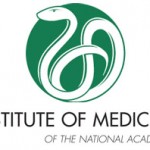
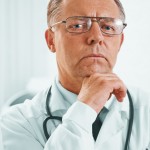
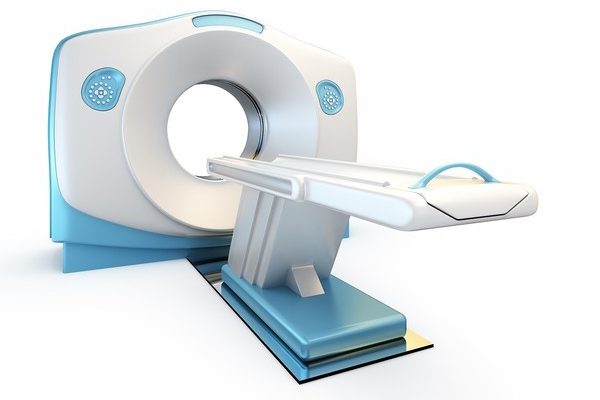
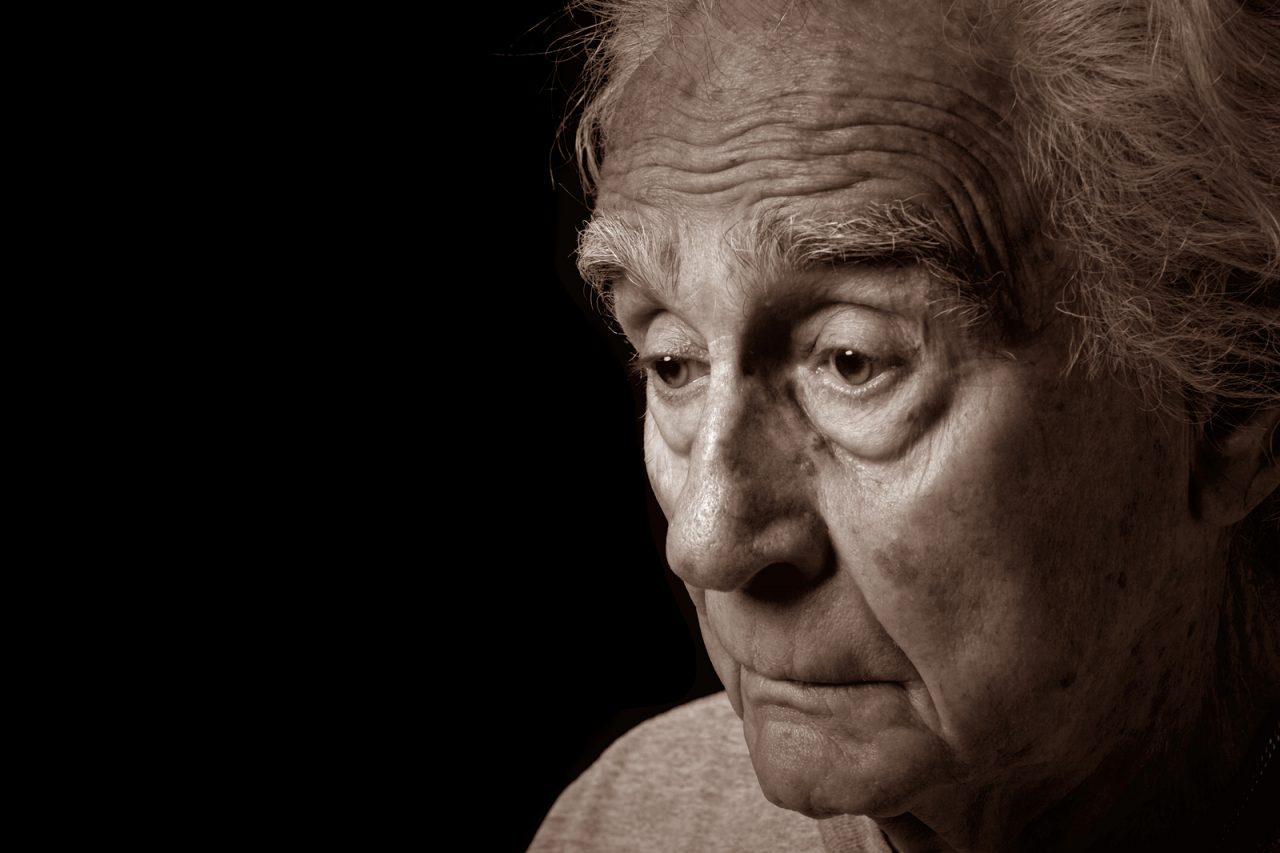
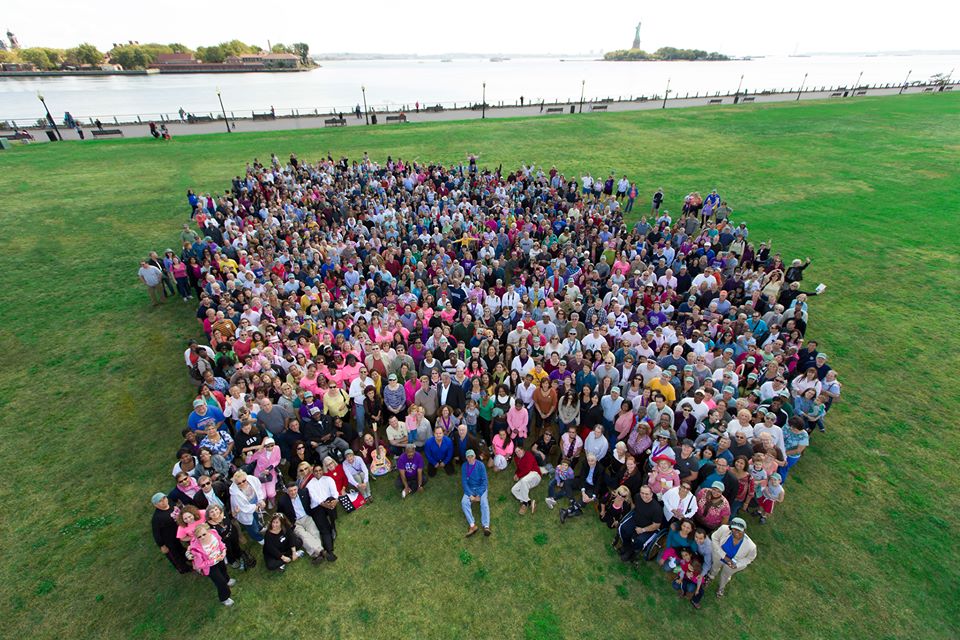
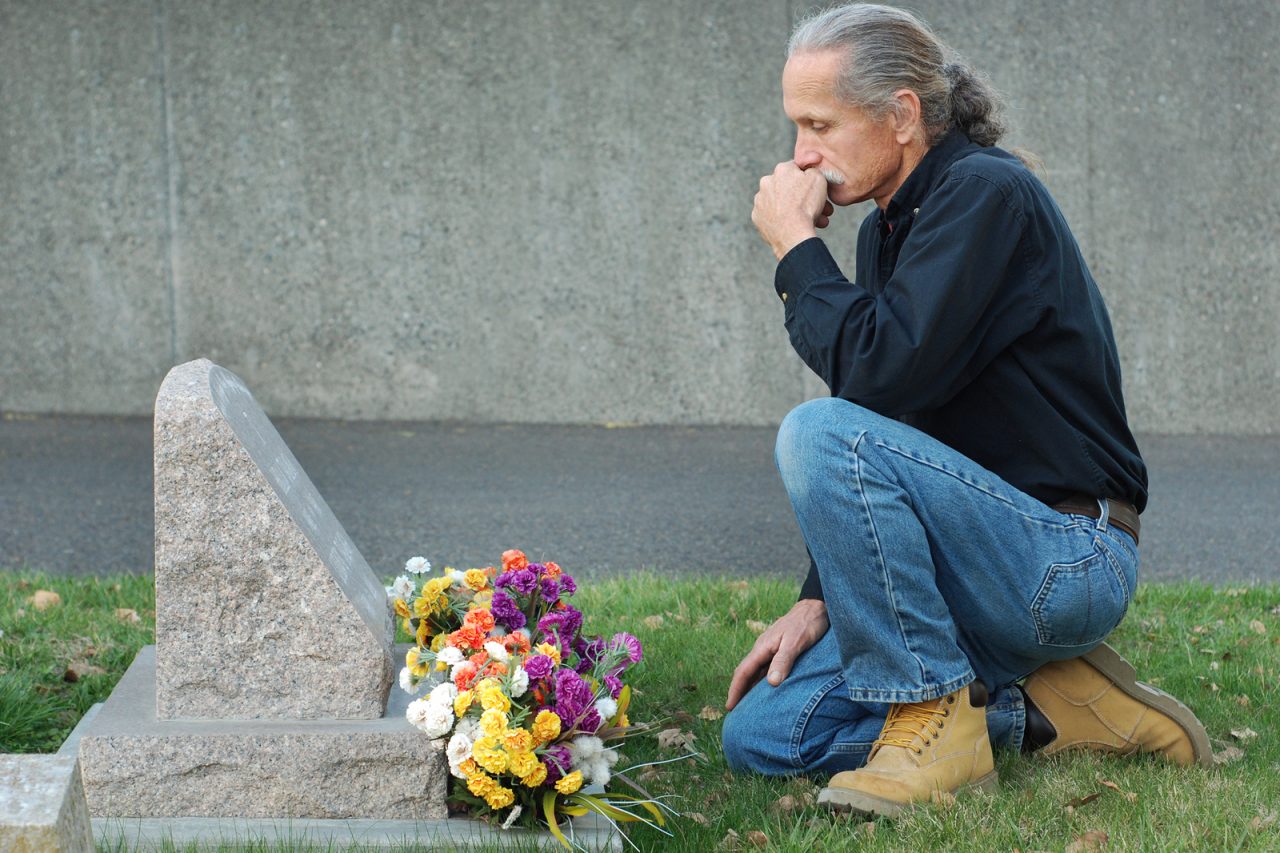
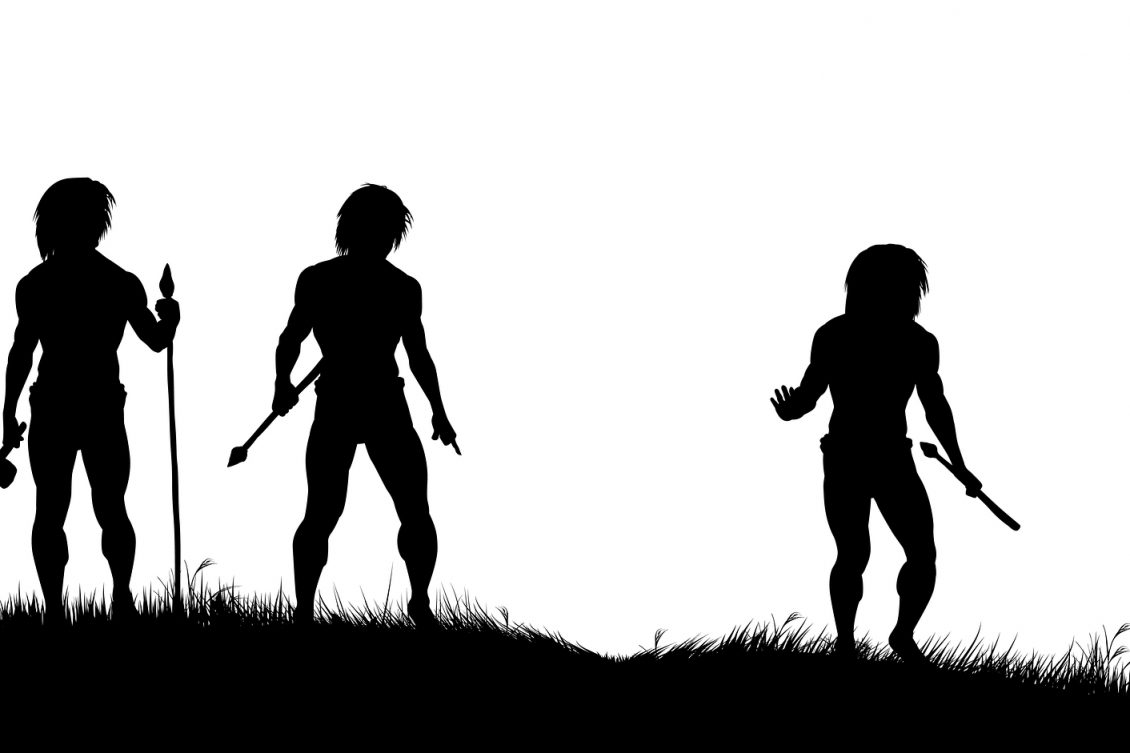
5 Comments